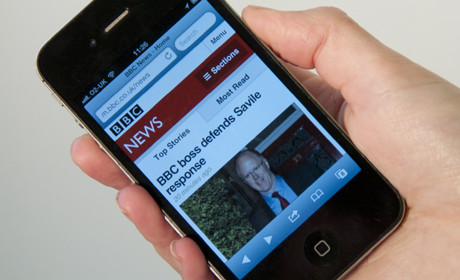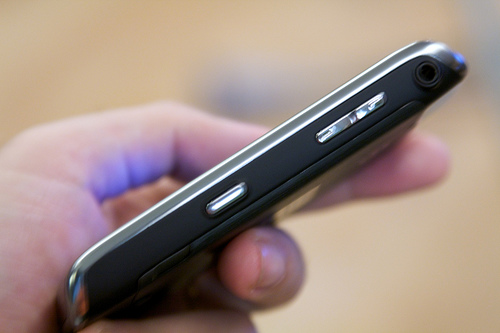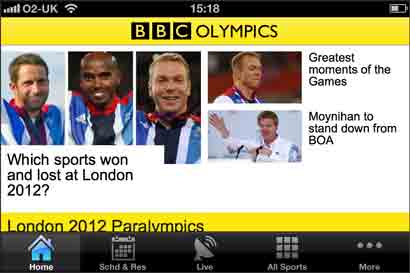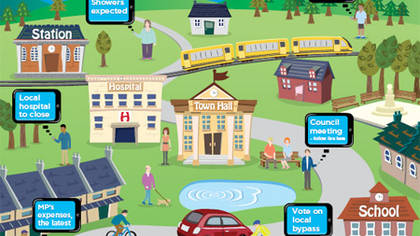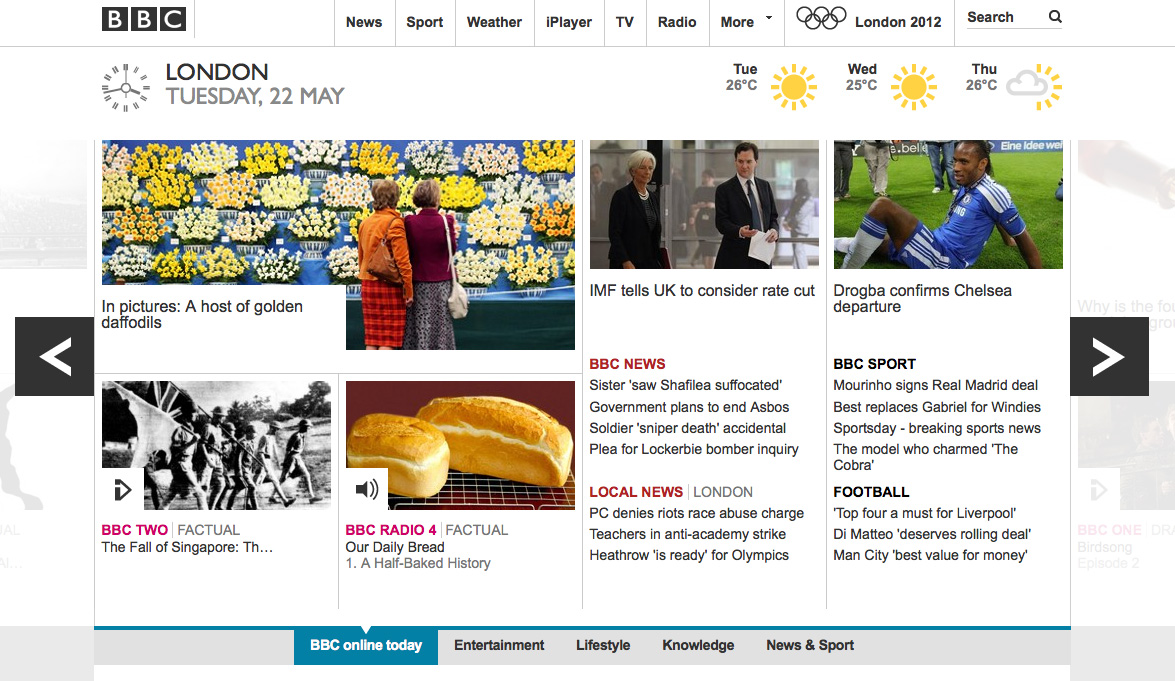
Mobile devices account for nearly 7 per cent of web browsing in the US, according to a new report by comScore.
In the UK it has been predicted that mobile browsing will overtake desktop browsing in 2013.
Although the comScore study is based on US device use, it has lessons for UK publishers as they consider mobile-friendly websites, smartphone and tablet apps and the potential revenue from relatively new products such as iPad magazines.
Here are eight key facts for publishers from the latest comScore study on internet use on mobile devices:
1. Mobile devices account for 7 per cent of US web traffic
Around half of the US population uses the internet on a mobile device, which has increased by almost 20 per cent in the past year.
2. Two thirds of browsing on mobile devices takes place on phones; one third on tablets
Two thirds of the 6.8 per cent of mobile web traffic took place on phones during August; one third of that figure took place on tablets.
3. iPads account for nearly 98 per cent of US tablet market
iPads dominate among tablets in the US, accounting for 97.2 per cent of all web tablet traffic.
4. iPad web browsing has overtaken iPhone browsing
iPads have begun to overtake iPhones in being used for web browsing. iPad browsing accounts for 46.8 per cent of iOS internet use, 42.6 per cent takes place on iPhones.
5. People are increasingly using WiFi for mobile phone web browsing
The study found that more than one third of mobile phone web browsing took place via WiFi in August. Conversely, people are increasingly using tablets, which traditionally required a WiFi connection to access the internet, to connect via mobile broadband. In August, nearly 10 per cent of traffic from tablets occurred via a mobile network connection.
6. Nearly 60% of tablet owners use the devices to consume news
Three out of five tablet owners consume news on their tablets.
7. A quarter of those who read news on a tablet do so daily
One in four tablet users consume news on a tablet do so on a near-daily basis
8. iPhones and iPads dominate, nearly one third of mobile web users have an Android device and just 5 per cent use a BlackBerry
Apple devices such as the iPhone and iPad accounted for nearly 60 per cent of the mobile web browsing; Google Android just over 30 per cent, BlackBerry RIM just 5 per cent, and other platforms nearly 5 per cent.
In a release, Mark Donovan, senior vice president of mobile at comScore said the findings show an “explosion in digital media consumption”, labelling those in the use of connective devices as “digital omnivores”, consumers who access content through several touchpoints during the course of their daily digital lives.
He said:
In order to meet the needs of these consumers, advertisers and publishers must learn to navigate this new landscape so they develop cross-platform strategies to effectively engage their audiences.
There are 10 facts on the UK mobile market published in June here.
